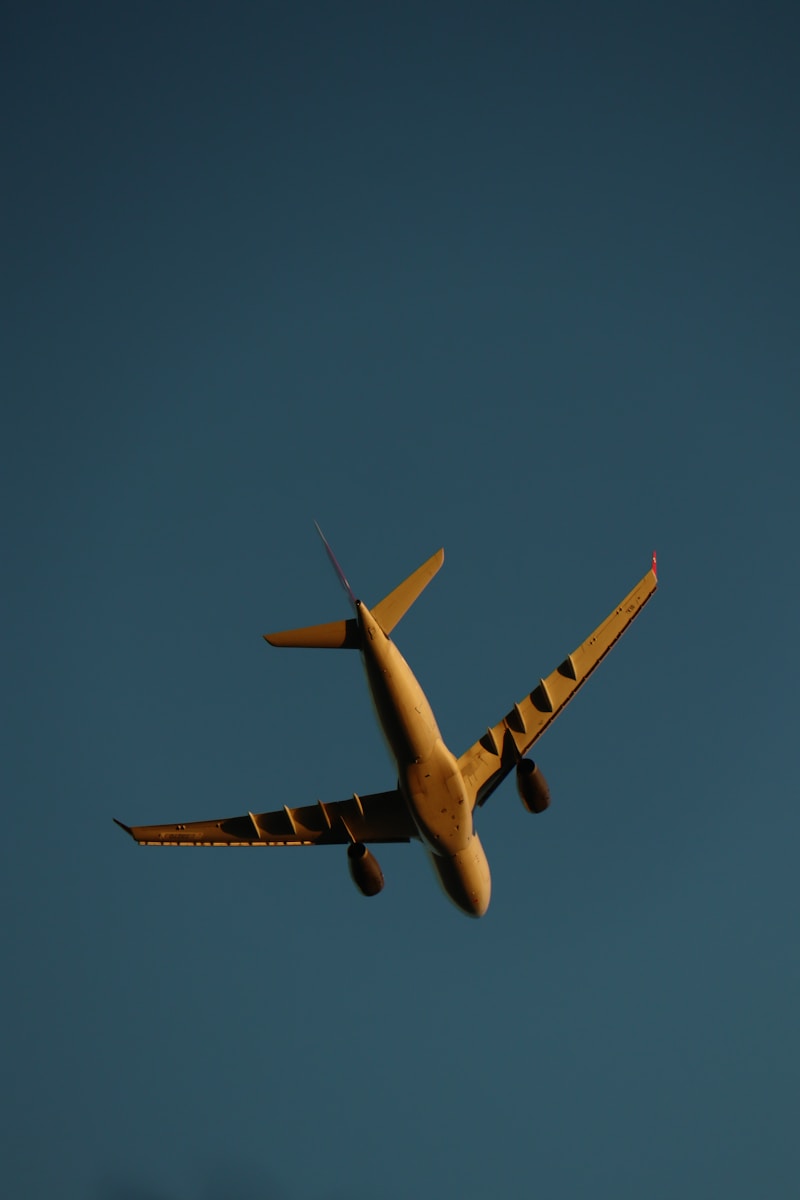Key Takeaways
- Transportation Secretary warns flight delays will get worse as shutdown drags on
- Air traffic controllers haven’t been paid for weeks, leading to staff shortages
- Safety hasn’t been compromised yet, but risks rise with staffing gaps
- Lawmakers debate funding fixes while travelers face growing disruptions
Flight Delays to Worsen Amid Government Shutdown
Transportation Secretary Sean Duffy says travelers should brace for more flight delays as the government shutdown hits day 33. He sat down with CBS News to explain how unpaid air traffic controllers drive delays.
Why Flight Delays Keep Rising
The partial government shutdown has stalled pay for many workers. Active-duty service members get paid, but thousands of air traffic controllers do not. As a result, some miss paychecks. Others face tough choices about work and bills. Even trainee controllers, who earn less money, have gone weeks without pay.
Moreover, recent low-speed collisions at busy airports highlight the stakes. A minor crash at LaGuardia showed what can happen when stress and fatigue rise. Although no one got hurt, the incident raised alarms. Duffy insists his agency will ground flights before letting safety slip. Yet he admits delays and cancelations lie beyond his full control.
Unpaid Staff, Fewer Controllers
Air traffic controllers guide planes during takeoff, landing, and taxiing. They work long hours and handle intense pressure. Controllers get partial payment in mid-October. Then, pay stopped entirely in November.
As a result, the country faces controller shortages at 35 sites. Major hubs like Los Angeles, Dallas, and Boston struggle with open slots. Consequently, busy towers have fewer hands on deck. Flights wait longer for clearance. Thus, delays pile up.
In addition, new and trainee controllers lack experience. They help in the tower but need guidance from veterans. When veterans skip work or quit, trainees face harder tasks. Their learning curve slows, worsening traffic flow.
The Human Toll in the Towers
Financial stress affects lives. Some controllers juggle rent, car payments, and groceries without pay. Others borrow from friends or sell personal items. Meanwhile, they still show up for work. They worry about errors if fatigue and worry win out.
A controller in Atlanta admitted feeling drained but stayed on duty. He feared grounding flights would harm travelers more. However, he also feared his own mistakes. He wonders how long he can keep working under those conditions.
In response, Duffy urges controllers to report to work. Yet he understands their decisions. He said, “They shouldn’t have to choose between bills and public safety.”
Impact on Travelers and the Industry
Travelers already notice more delays and cancelations. At busy airports, lines grow at security and gates. Families miss connections. Business trips stretch into days. Airlines lose money. Hotels and car rentals scramble to adjust.
Moreover, cruise lines, tour operators, and event planners now expect ripple effects. When flights cancel, entire itineraries collapse. People book later flights and pay higher fees. They complain on social media, fueling public frustration.
Despite the chaos, some solutions emerge. Airlines add extra staff to call centers. They use text alerts to reroute passengers. Airports open help desks. Yet these fixes only manage symptoms, not the root cause.
Lawmakers and the Law
Why can’t the government pay controllers like it paid soldiers? Duffy points to strict budget rules. He claims his hands are tied by law. However, critics say Congress could pass a short-term fix for air traffic staffing.
Duffy also blamed former presidents for past shutdowns. He said the current administration tries to ease pain on Americans. Yet many see little comfort when flights sit grounded and wallets feel empty.
What’s Next for Flight Delays?
If the shutdown continues, more controllers may quit or call in sick. Safety waits for no one. Therefore, if staffing drops below safe levels, flights could halt. In that case, the skies fall silent over major U.S. hubs.
Meanwhile, Transportation Secretary Duffy meets with lawmakers to seek legal ways to pay controllers. He hopes to push an emergency funding bill. Yet time ticks by, and travelers fret over holiday plans.
In the end, the shutdown’s impact on air travel reveals how crucial air traffic controllers really are. Without pay, they face burnout and tough choices. As a result, flight delays keep rising, and passengers bear the burden.
Travel Tips Amid Rising Flight Delays
Stay updated on your flight status through apps.
Allow extra time for connections and layovers.
Pack essentials in your carry-on bag in case of delays.
Contact your airline early if you face cancelations.
Frequently Asked Questions
What causes flight delays during the shutdown?
Flight delays happen mainly because air traffic controllers haven’t been paid for weeks. This leads to fewer controllers per shift and more hold times for planes.
Are flights still safe despite controller shortages?
Yes, officials say safety remains the top priority. They will ground flights if staffing gets too low to keep skies safe.
How long could the shutdown affect air travel?
Travel disruptions could last until Congress restores funding. If the shutdown drags on for weeks more, delays and cancelations will likely increase.
What can travelers do to protect their plans?
Travelers should book flexible tickets, monitor flights closely, and have backup plans for delayed or canceled flights.
